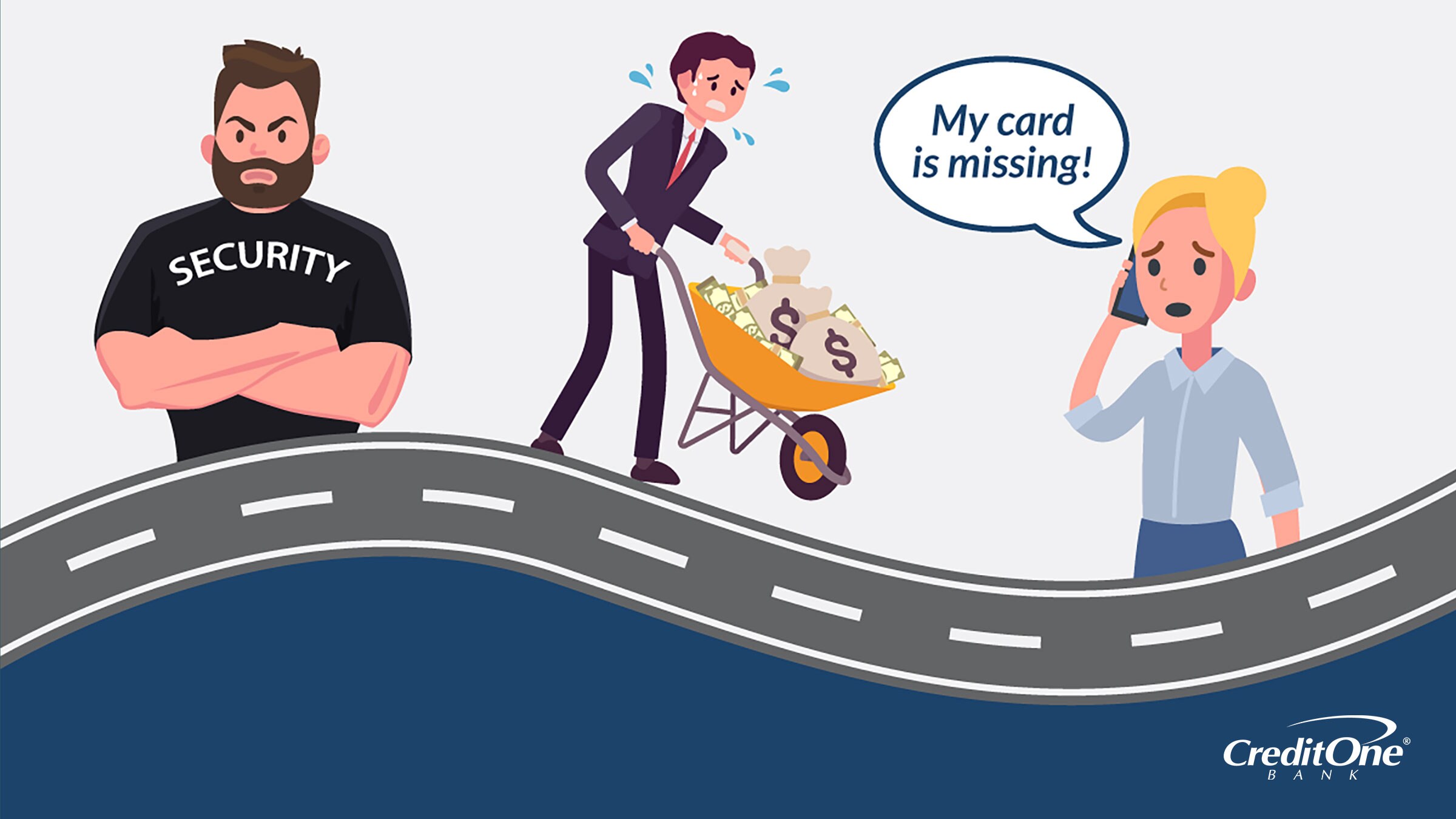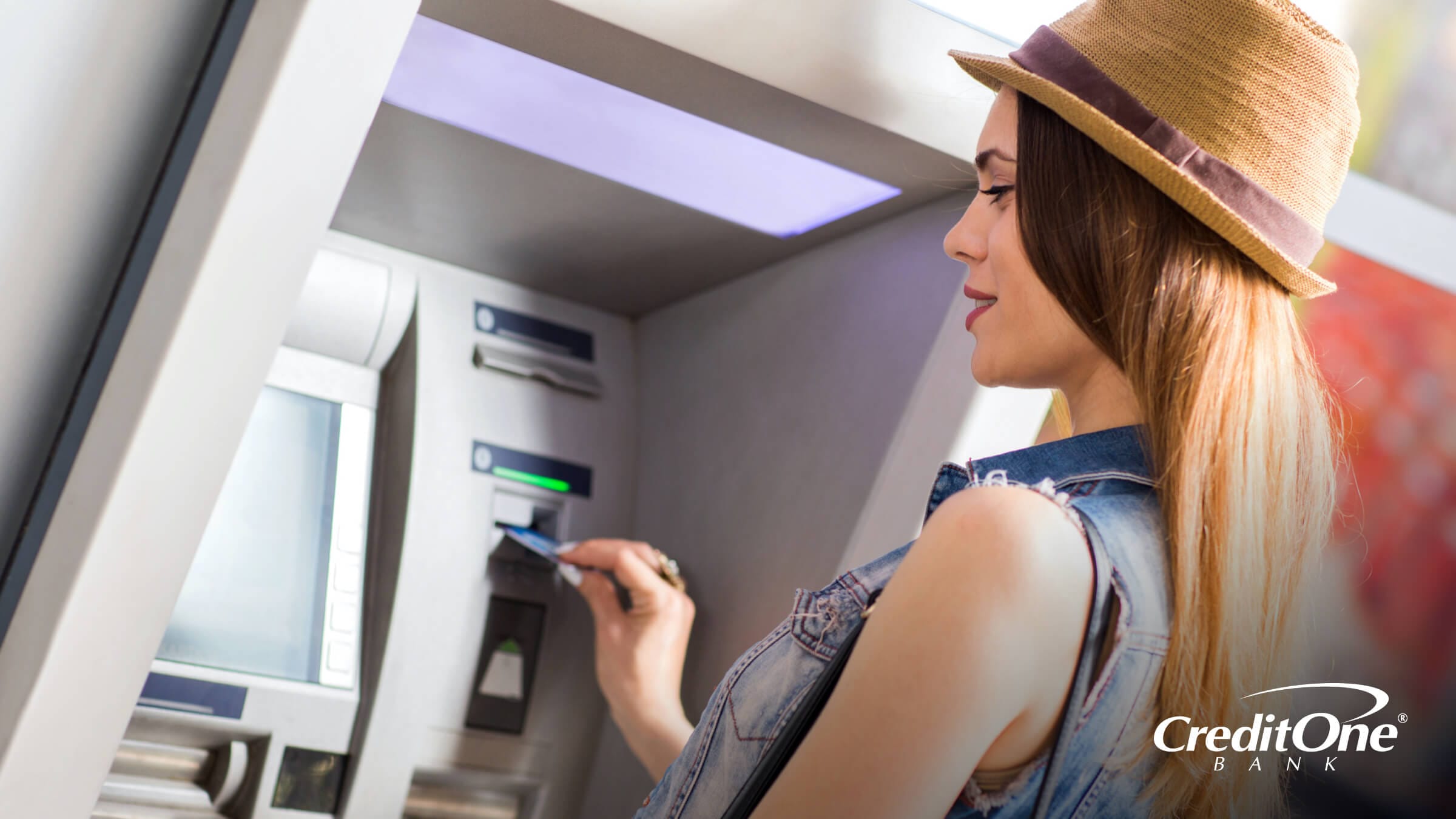Featured Article

Trends and Factors Affecting Generational Financial Trauma
The financial experiences people have early on, whether positive or negative, shape their relationships with money for life. They can affect how people handle paycheck deposits, savings accounts, bills, and credit cards well into adulthood.
Continue Reading
Which Types of Interest Are Tax Deductible?
Interest charges can take a big bite out of most any budget. But did you know that certain interest payments could actually help lower your income tax bill? When you itemize eligible interest expenses on your federal income tax return, you may be able to keep more cash in your bank account by reducing your IRS tax liability.

When Should I Get My First Credit Card?
Think you’re ready for your first credit card? Whether you want to establish and build a solid credit history, earn rewards, keep a card on hand for emergencies, or use your card as a convenient payment alternative to cash, it’s important to consider whether you’re prepared for the responsibility of possessing a credit card before applying for your first one. Because, once you open a credit card account, the way you use that credit card could have a lasting impact on your finances—for better or worse.

Will This Appear In My Credit Report? [Quiz]
Your credit reports contain useful information that paints a picture of your “creditworthiness.” But, like any type of report, credit reports don’t tell a reader the complete story about you, your life, or how you’re living it. For that, they’ll have to read your autobiography.

7 Reasons to Make at Least the Minimum Payment on Your Credit Card
There are plenty of articles out there touting why you should pay more than the minimum amount due on your credit card statement each month. And, yes, if you’re trying to pay off a credit card balance as part of a debt-reduction strategy, making more than a minimum payment each month is an important part of such a plan.
This material is for informational purposes only and is not intended to replace the advice of a qualified tax advisor, attorney or financial advisor. Readers should consult with their own tax advisor, attorney or financial advisor with regard to their personal situations.


